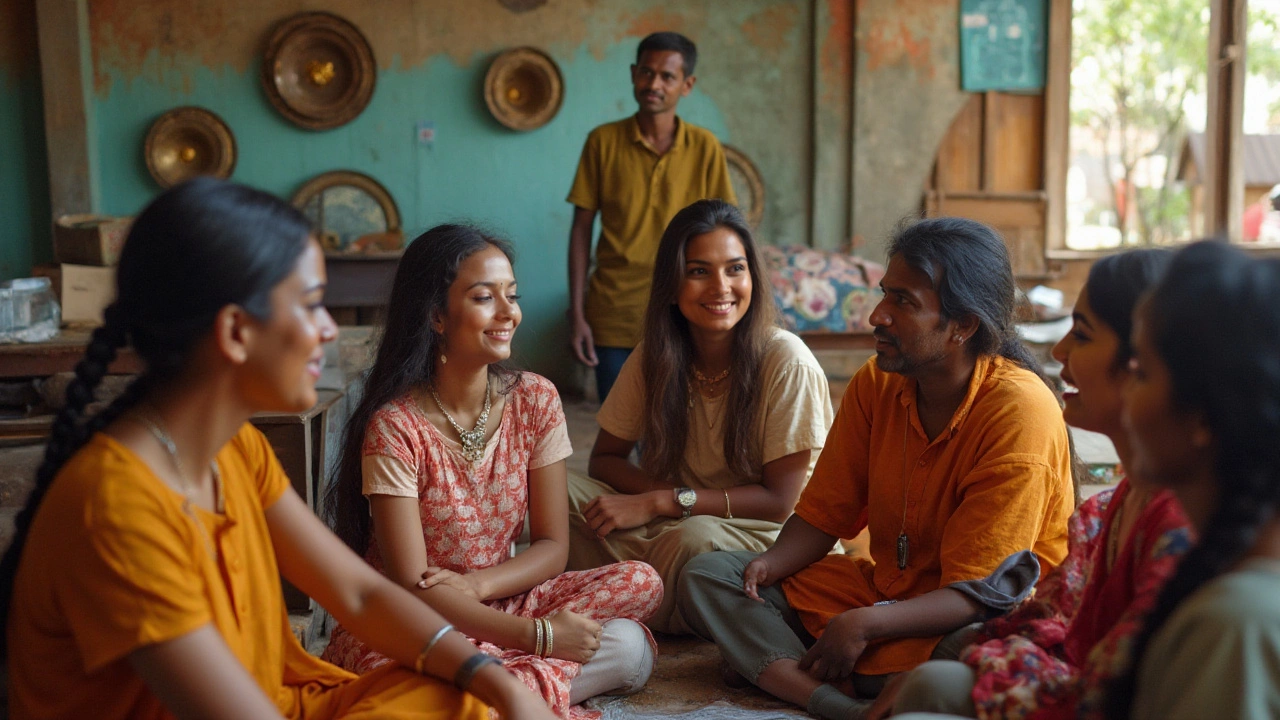What Makes an Ideal Volunteer?
Ever walked into a charity event and wondered why some volunteers seem to get everything right? The secret isn’t magic – it’s a mix of simple habits, the right attitude, and a few useful skills. If you’re looking to become that go‑to person for any cause, this guide will show you exactly what to focus on.
Show Up Ready to Do the Work
The first rule is showing up on time and prepared. Whether you’re helping at a food bank, joining a community outreach drive, or running a small charity event, bring a clear plan. Write down what you need to accomplish, check the supplies you’ll need, and ask the organizer for any specific instructions. This small step saves everyone from last‑minute scrambling and shows you respect the team’s time.
Take a look at the post “Roles and Responsibilities of Community Outreach.” It breaks down duties like stakeholder engagement and planning steps. When you know these roles, you can jump straight into the right tasks without needing a lot of hand‑holding.
Communicate Clearly and Listen
Volunteering isn’t just about doing chores; it’s about connecting with people. Use simple language when you talk to beneficiaries, fellow volunteers, or donors. Ask questions, repeat back what you heard, and confirm details. Good communication avoids misunderstandings and builds trust – exactly what the “Volunteer Shortage” article points out as a missing piece in many NGOs.
Being a good listener also means spotting hidden needs. In a shelter, a resident might quietly need help with paperwork. If you notice, offering a quick hand can make a huge difference.
Now, let’s talk skills you can pick up fast:
- Basic tech know‑how: Managing a sign‑up sheet on Google Sheets, sending reminder emails, or posting updates on social media. Even a short tutorial can get you confident.
- Team coordination: Simple tools like a shared checklist help keep everyone on the same page.
- Problem solving: When a plan falls apart, stay calm, suggest an alternative, and move forward.
All these skills are mentioned across posts like “How to Write a Community Outreach Plan” and “Get Better Outreach.” You don’t need a degree – just a willingness to learn on the job.
Stay Flexible and Positive
Charity work can be unpredictable. Weather changes, last‑minute cancellations, or sudden spikes in demand happen often. The ideal volunteer rolls with those punches, keeps a smile, and looks for quick fixes. If a rainstorm cancels an outdoor cleanup, suggest moving to a nearby indoor activity or rescheduling with clear communication.
Positive energy is contagious. When you stay upbeat, other volunteers feel more motivated, and the people you serve sense hope. That’s the vibe the “Primary Aim of a Community Outreach Program” piece emphasizes – it’s about creating real impact, not just ticking boxes.
Finally, track your own progress. After each volunteer stint, note what went well and what could improve. Over time you’ll build a personal playbook that makes you even more effective.
Ready to become the ideal volunteer? Start by picking one of the posts in the “ideal volunteer” tag, volunteer for a small role, apply these tips, and watch yourself grow. The more you practice, the more charities will rely on you, and the bigger the change you’ll help create.
Traits of a Perfect Volunteer: A Comprehensive Guide
An ideal volunteer embodies a mix of empathy, dependability, and passion, ready to use their unique skills for the common good. Volunteer opportunities abound in various sectors, and identifying the perfect roles involves understanding the traits that make an effective volunteer. This guide explores these qualities, offers insights into how to develop them, and examines the positive impact volunteering can have both personally and in the community.
Read More